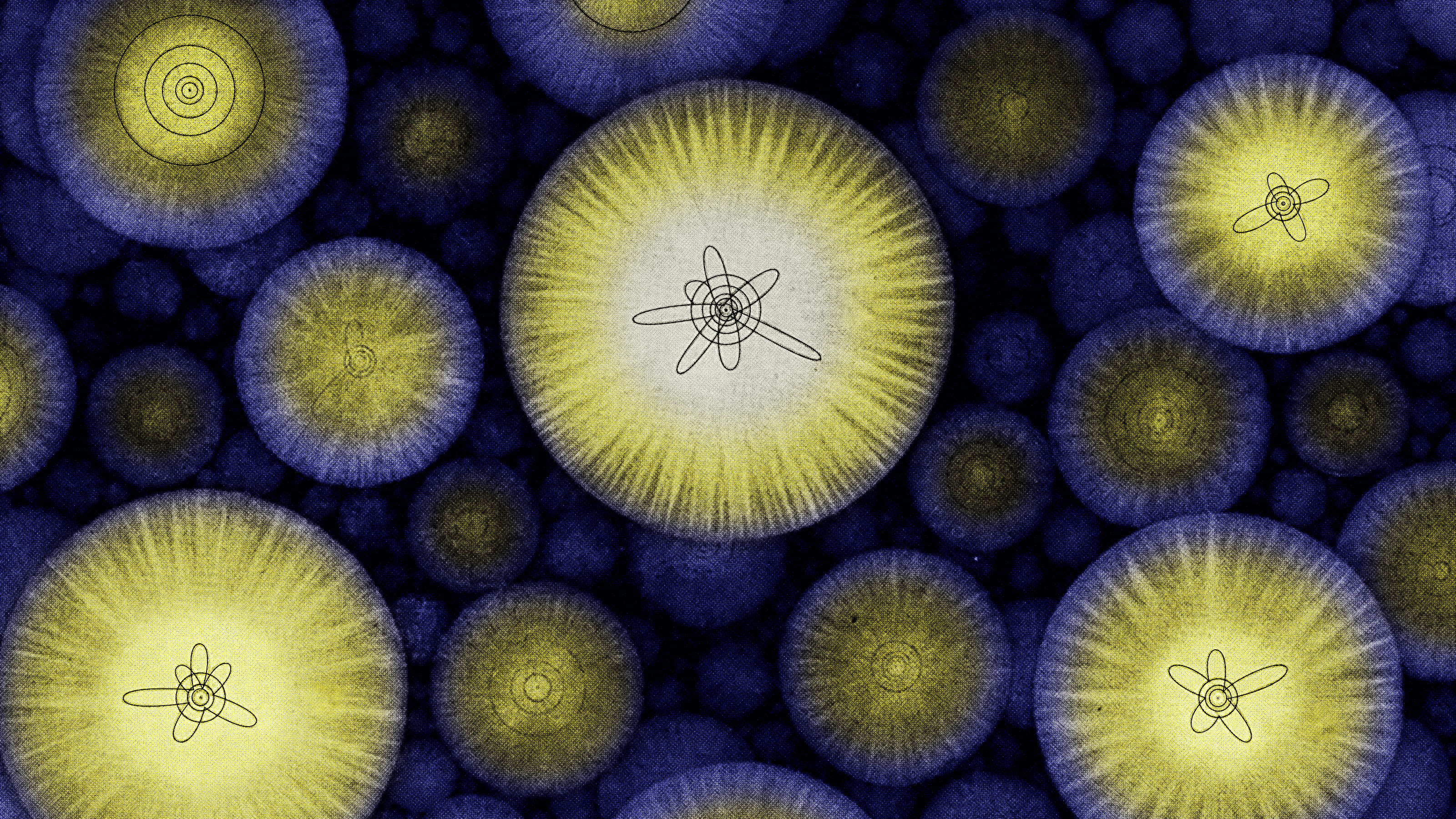We did not evolve simply to fight with each other.
Question: Do we see meaning where there is none?
Jonathan Haidt: I believe that we are shaped by group level selection processes so that we can be like bees in a hive. We are not just primates who evolved to fight it out with other primates. We are part way through a major transition evolutionary history that allows us to be temporarily like bees in a hive.
We see this after attacks. We saw it after 9/11. We can come together. Our propensity to find meaning, even though it may have evolved from simpler cognitive mechanisms, as Richard Dawkins and others maintain, I believe that our ability to find connection, to see connections in the stars.
If we look up at the sky, we see stories about people wandering around and going on missions. I believe that our ability to find connections and meaning helps us merge together into groups that can function as one. So this is part of the psychology that allows us to create these emergent super organisms, at least temporarily.
Anyone who’s ever been in a chorus or a band, or played a team sport, or been initiated into a fraternity, knows the joys, the ecstasy of losing yourself in part of a larger group.
I think this is the next frontier for psychology and for the social sciences, is understanding that we are not radical individuals. We are actually, in part, bees in a hive, but we don’t live that way, and that’s the reason for much of our unhappiness.
Recorded on: May 9, 2008






